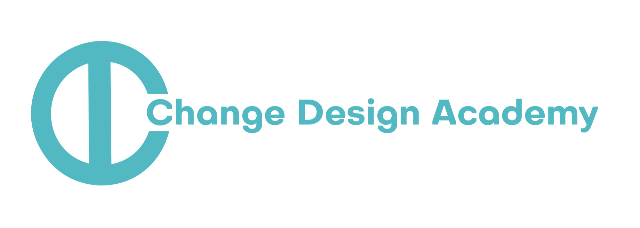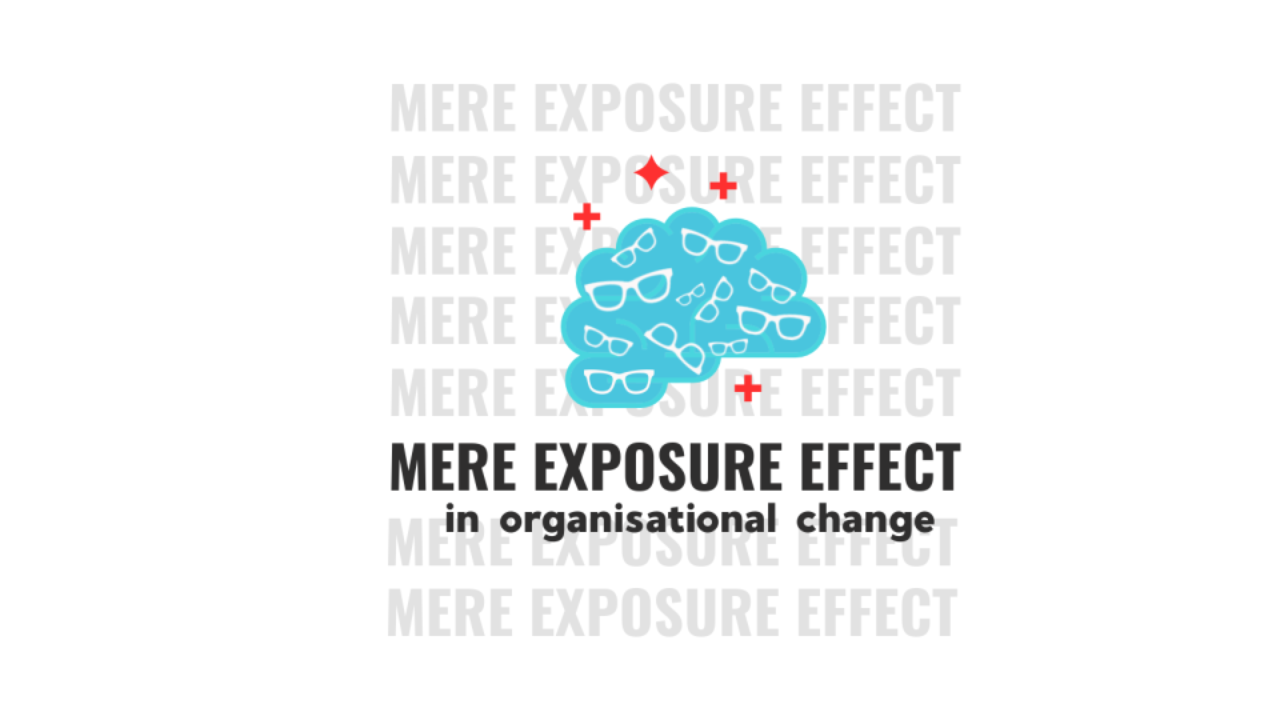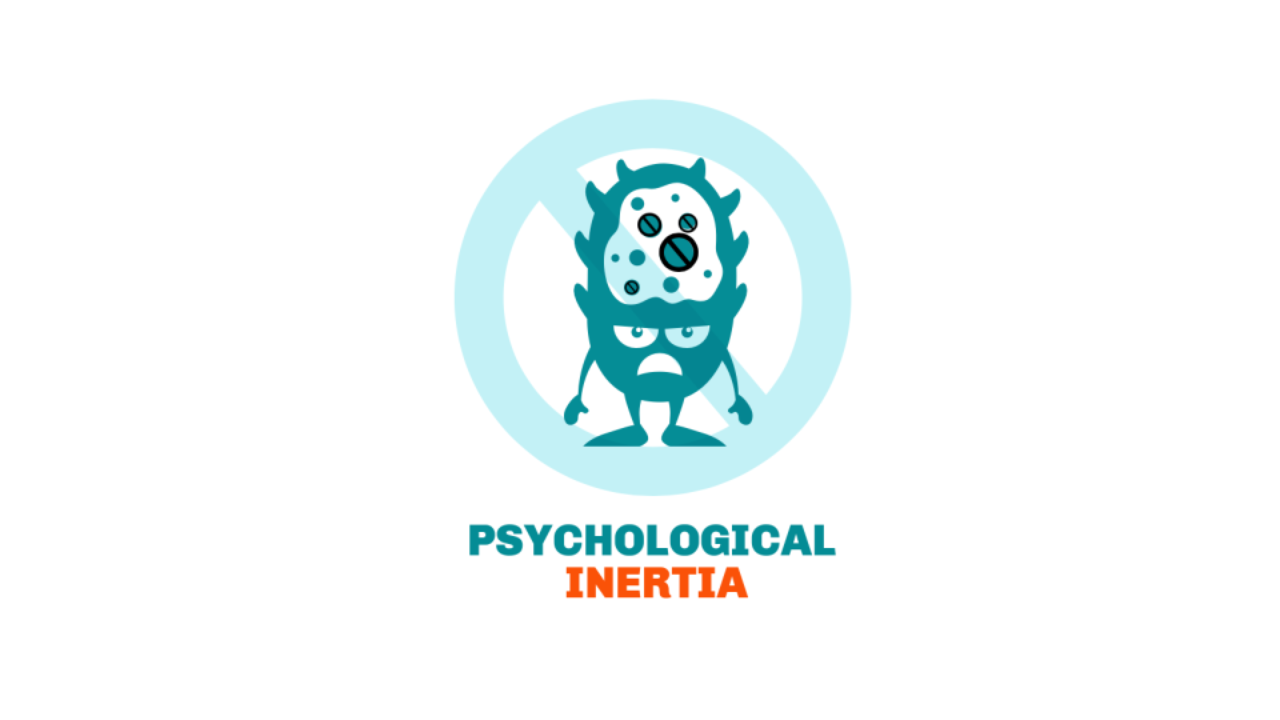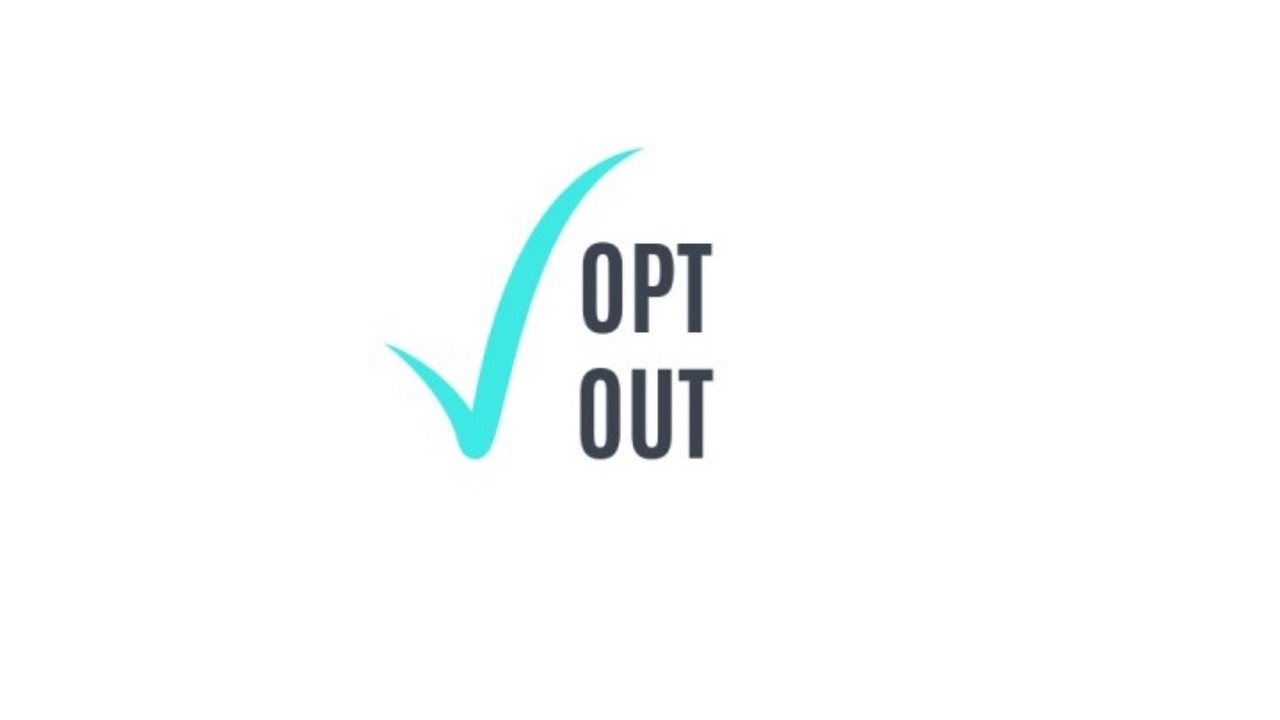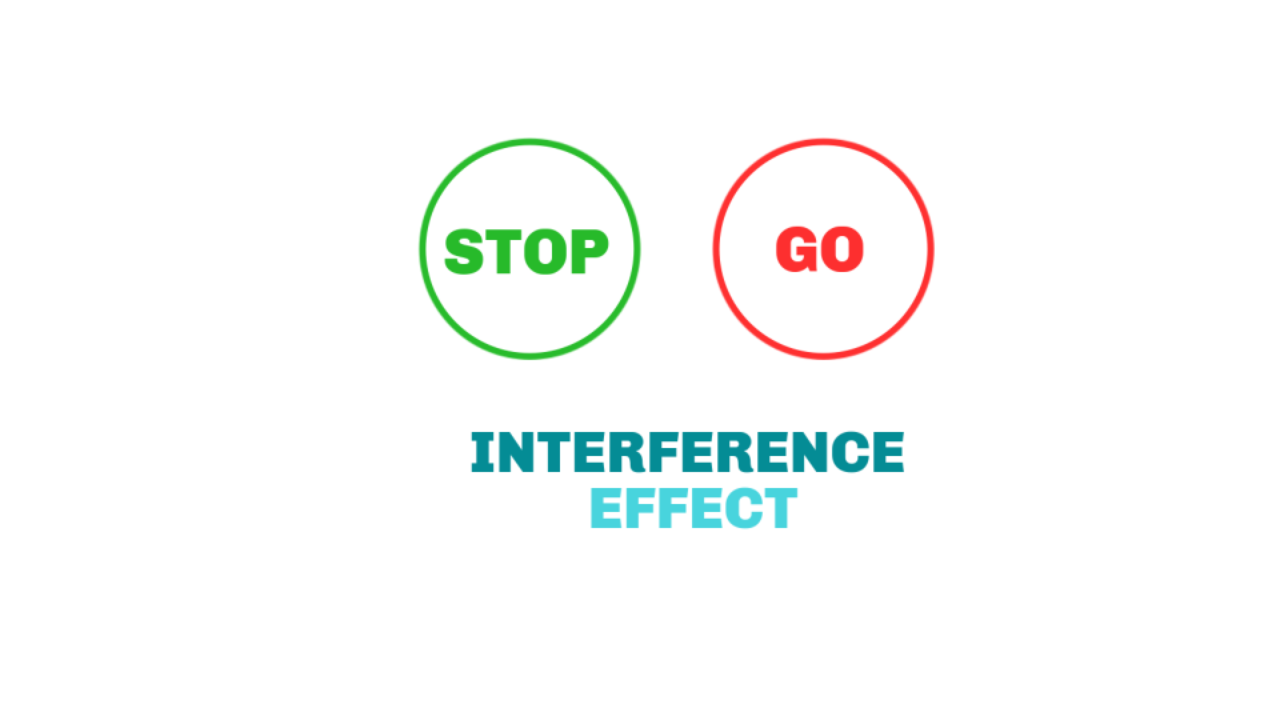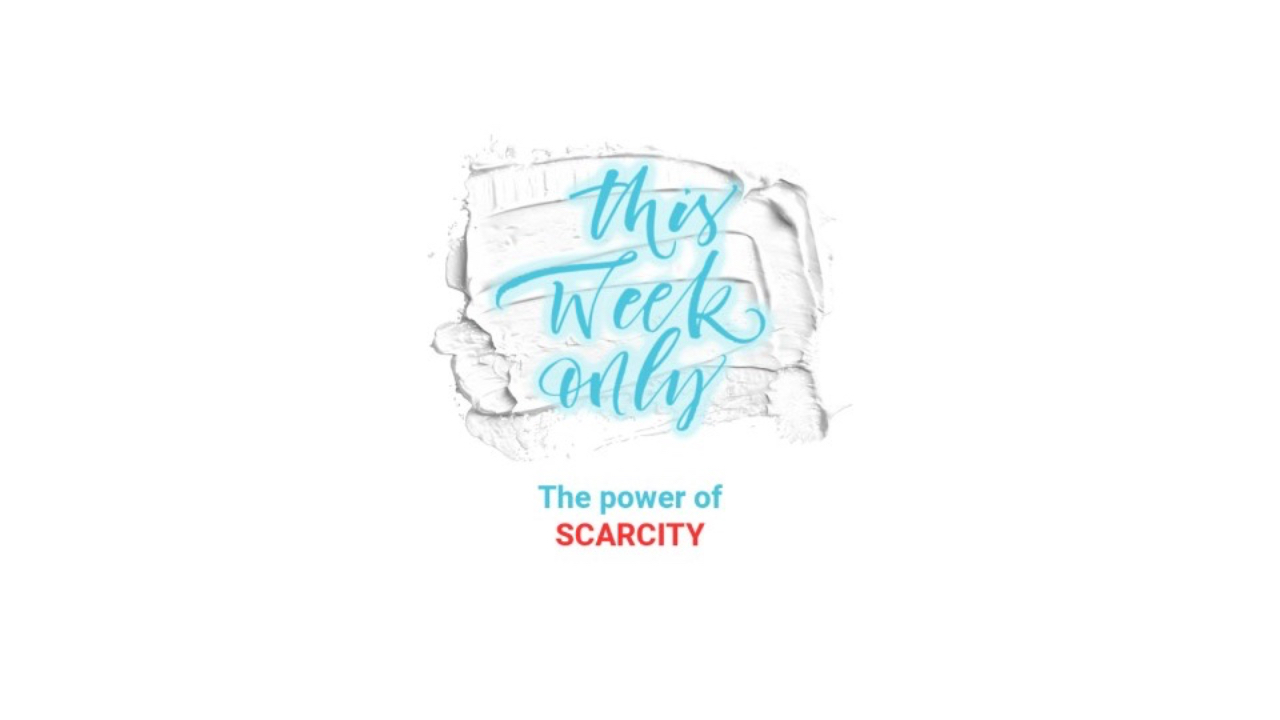Join the Change Designers community
Stay inspired and ahead of the curve. Subscribe for updates on our latest blog posts, online courses, and exclusive insights!
Self-control is often seen as the key to success. Whether it's healthy habits, sustainable behavior, or productivity improvements, the underlying assumption is that discipline and willpower are necessary to achieve long-term goals. But what if this classic approach is incomplete?
The study ‘Pleas...
Yesterday, I came across this quote by Lao Tzu: “Time is a created thing. To say ‘I don’t have time’ is like saying ‘I don’t want to’.”
Many busy people will strongly disagree, claiming they genuinely don’t have time. While that might sometimes be true, often it boils down to a lack of priority...
Have you ever invited someone you don’t particularly like to a party just because they invited you to theirs a few months earlier? That’s human nature. It’s the psychological principle of reciprocity at work—we feel compelled to return a favor.
Reciprocity is about balancing the scales: when someo...
What you create or invest effort in, you value more than what others create.
This is the IKEA Effect, named after the Swedish furniture retailer. Many people think IKEA is successful because of its affordability, but that’s just one part of its value proposition. The other important aspect is al...
We prefer what feels familiar. When confronted with something new or unfamiliar, we often rely on what we already know. This is the mere exposure effect at work—a psychological phenomenon first introduced by Robert Zajonc in 1968. It’s an essential concept in behavioral psychology and plays a sign...
Once you take the first step, the next one becomes easier. Humans have an ingrained desire to act consistently with past actions. When we make a decision, we convince ourselves it was the right choice. This is the essence of commitment and consistency.
These principles create personal or social pre...
Psychological inertia often manifests in organizational change as resistance to action or a tendency to maintain the status quo unless driven by a strong psychological motive. While similar to status quo bias, psychological inertia differs as it actively suppresses action, driven largely by fear,...
Managing change is about helping people. Make it easy and enjoyable for people to adapt to change. “Help me!” is the call that every people-centric change manager picks up from the plethora of feedback in organizations. You can help people change during the implementation of a program, but you can a...
On the main road in my town, there’s a sign that displays your speed in bright, glowing numbers. If you’re within the speed limit, it gives you a green thumbs-up. However, if you’re speeding, it still gives you a thumbs-down… also in green. It took me a few tries to realize something felt off. Th...
People place more value on things that are harder to obtain. We often want what we can’t easily have. This psychological force is widely used in advertising, leveraging limited availability or time constraints to encourage purchases. Scarcity applies not only to physical goods but also to informa...
I think it was in 2010 when I read the book Nudge by Richard Thaler and Cass Sunstein, one of the most influential books in behavioral economics. I was instantly a fan. And in 2017, I was genuinely happy for the first time with a Nobel Prize winner. That year, Richard Thaler won the Nobel Prize in ...
As humans, we are strongly inclined to comply with authority figures. This tendency is ingrained in our nature and often operates unconsciously. People frequently underestimate the influence that authority exerts on their behavior.
Three key symbols effectively establish authority:
-
Titles: Doc...
